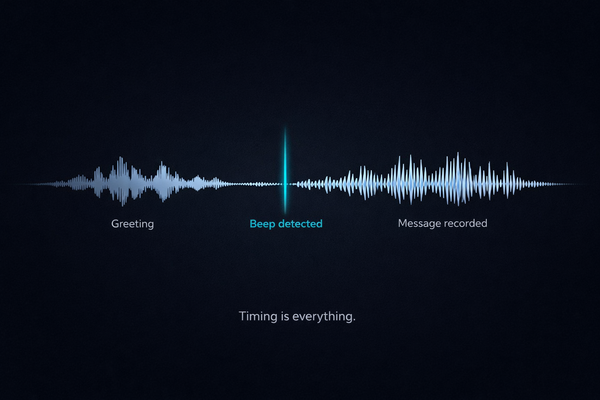[AI Digest] Agents Learn Navigate Reason Autonomously
![[AI Digest] Agents Learn Navigate Reason Autonomously](/content/images/size/w1200/2025/07/Daily-AI-Digest.png)
Daily AI Research Update - August 10, 2025
Today's AI research showcases breakthrough advances in autonomous agent capabilities, with new methods for training agents that can handle extended multi-turn conversations, navigate complex software interfaces without supervision, and understand diverse global dialects. These developments point toward more capable, self-improving AI systems that can provide better customer experiences across voice, chat, and web interactions.
📌 Training Long-Context, Multi-Turn Software Engineering Agents with Reinforcement Learning
Description: Introduces a method for training agents that can handle multi-turn interactions with context windows spanning hundreds of thousands of tokens. Achieved 39% success rate on software engineering tasks, nearly doubling baseline performance.
Category: Chat agents
Why it matters: Directly applicable to building chat agents that can maintain context over long customer conversations and handle complex, multi-step support tasks. The token-level policy optimization could improve Anyreach's chat agents' ability to provide consistent support across extended interactions.
📌 SEAgent: Self-Evolving Computer Use Agent with Autonomous Learning from Experience
Description: Framework for computer use agents that learn autonomously through experience without human supervision. Achieved 23.2% improvement in success rate through self-evolving learning.
Category: Web agents
Why it matters: Critical for Anyreach's web agents - shows how agents can autonomously learn to navigate new software interfaces and improve over time without manual training. The specialist-to-generalist approach could help build agents that adapt to different customer platforms.
📌 Voxlect: A Speech Foundation Model Benchmark for Modeling Dialects and Regional Languages
Description: Comprehensive benchmark for dialect recognition across 11 language families, achieving high accuracy in identifying regional speech variations and accents.
Category: Voice agents
Why it matters: Essential for Anyreach's voice agents to handle diverse customer accents and dialects. The model's ability to recognize and adapt to regional speech variations could significantly improve voice agent performance for global customers.
📌 Enhancing Vision-Language Model Training with Reinforcement Learning in Synthetic Worlds
Description: Novel approach using synthetic environments to train vision-language models that can act in interactive environments, achieving 50% improvement on game-based control tasks.
Category: Web agents
Why it matters: Shows how to train web agents efficiently using synthetic environments rather than expensive real-world data. The VLDAC algorithm could help Anyreach build more capable visual agents for web navigation at lower cost.
📌 Co-Reward: Self-supervised Reinforcement Learning for Large Language Model Reasoning
Description: Self-supervised framework that improves LLM reasoning without human labels by using contrastive agreement across semantically similar questions.
Category: Chat agents
Why it matters: Provides a method to improve chat agent reasoning capabilities without expensive human annotation. Could help Anyreach's agents provide more accurate and consistent responses to complex customer queries.
This research roundup supports Anyreach's mission to build emotionally intelligent, visually capable, and memory-aware AI agents for the future of customer experience.




![[AI Digest] Agents Coordinate Plan Deploy Scale](/content/images/size/w600/2025/07/Daily-AI-Digest.png)